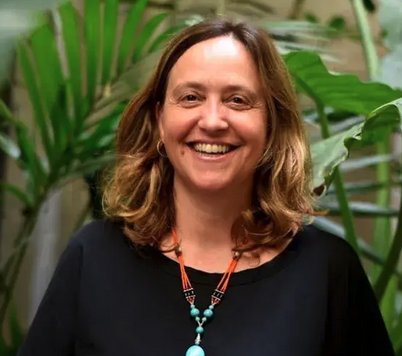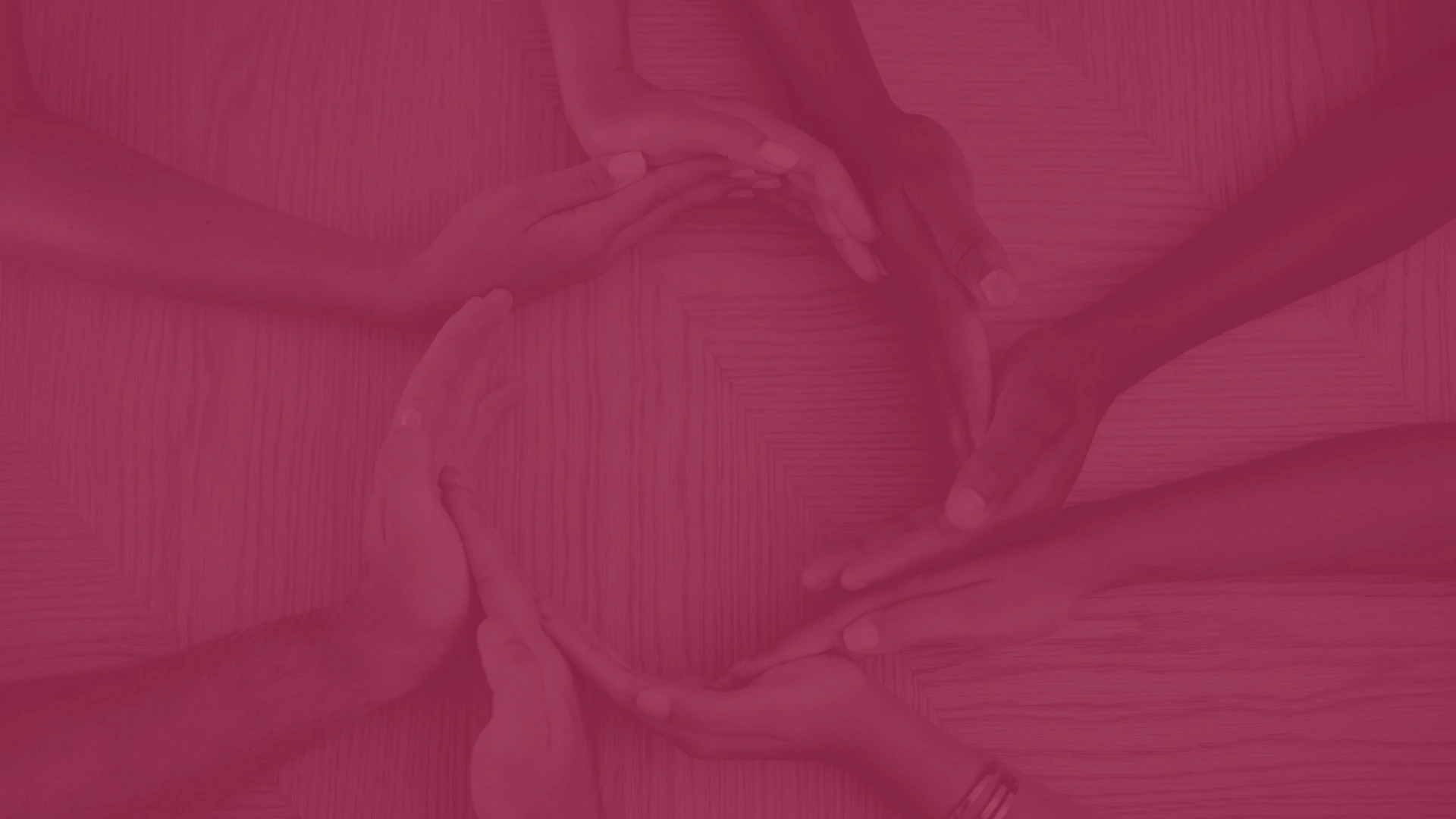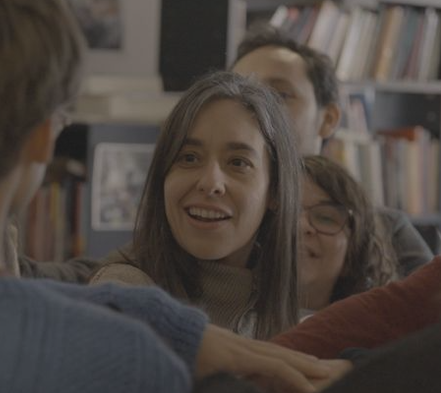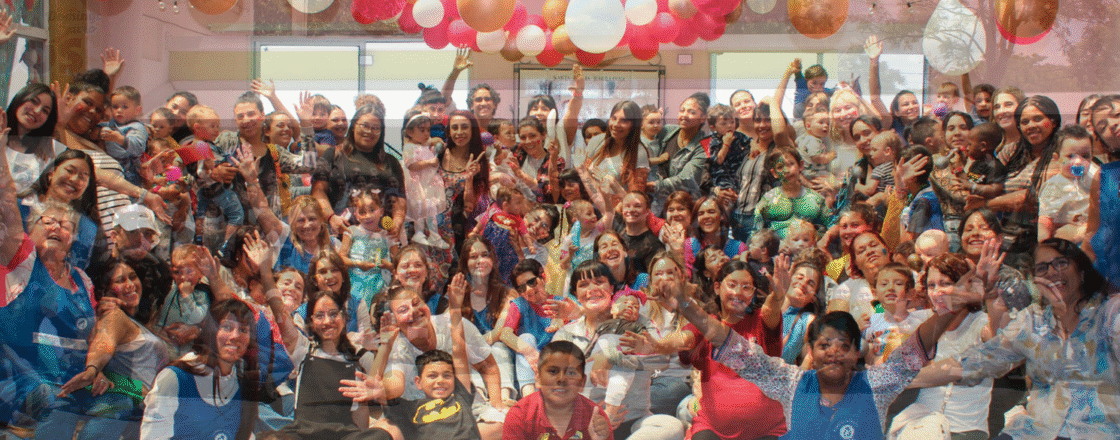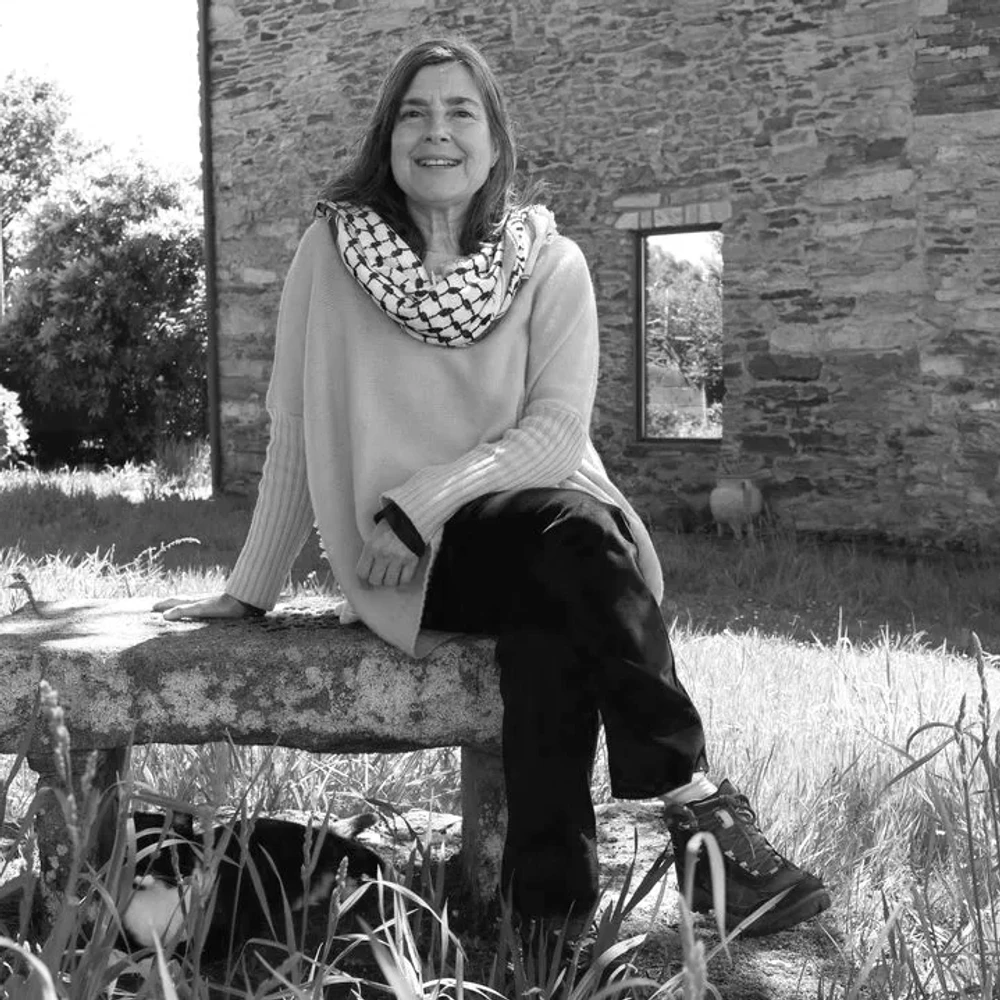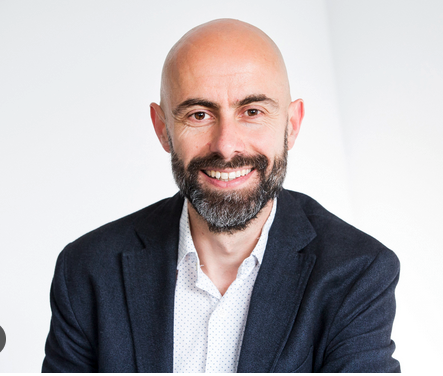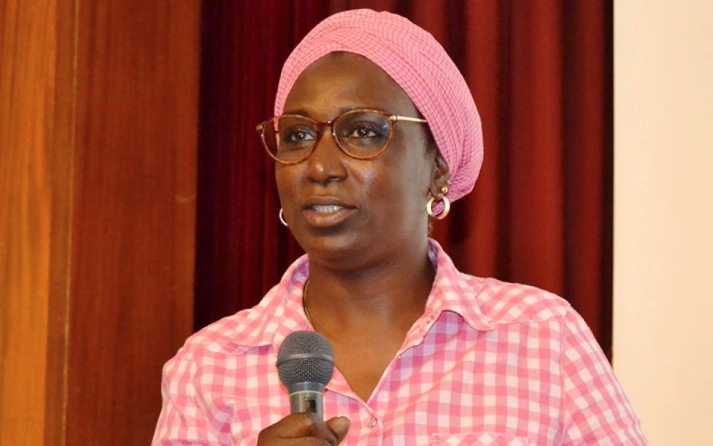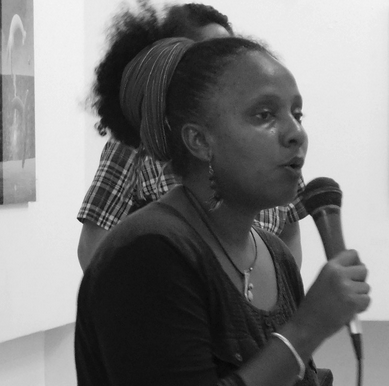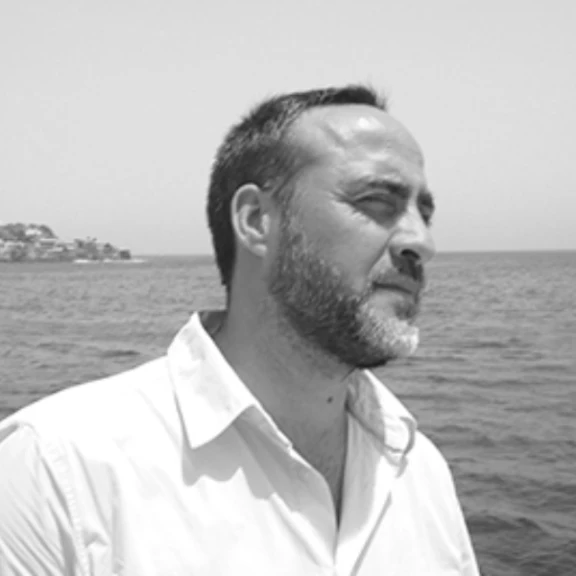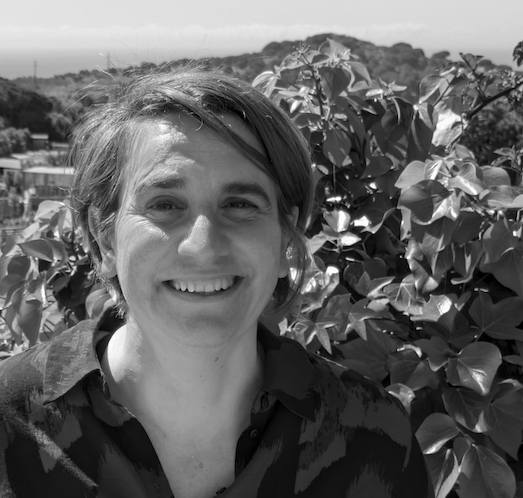“We have been collaborating with UBORA for several years now. What initially began as an external evaluation of a grant-funded project quickly became something much more meaningful, thanks to UBORA’s approach. Their focus on processes and levers of change, as well as their ability to prompt reflection on our broader ecosystem of relationships, has been a valuable learning experience. We look forward to continuing our collaboration with UBORA as they accompany us on our journey of continuous organizational improvement”
Nina González Fernández-Argüelles
FETS Coordinator
